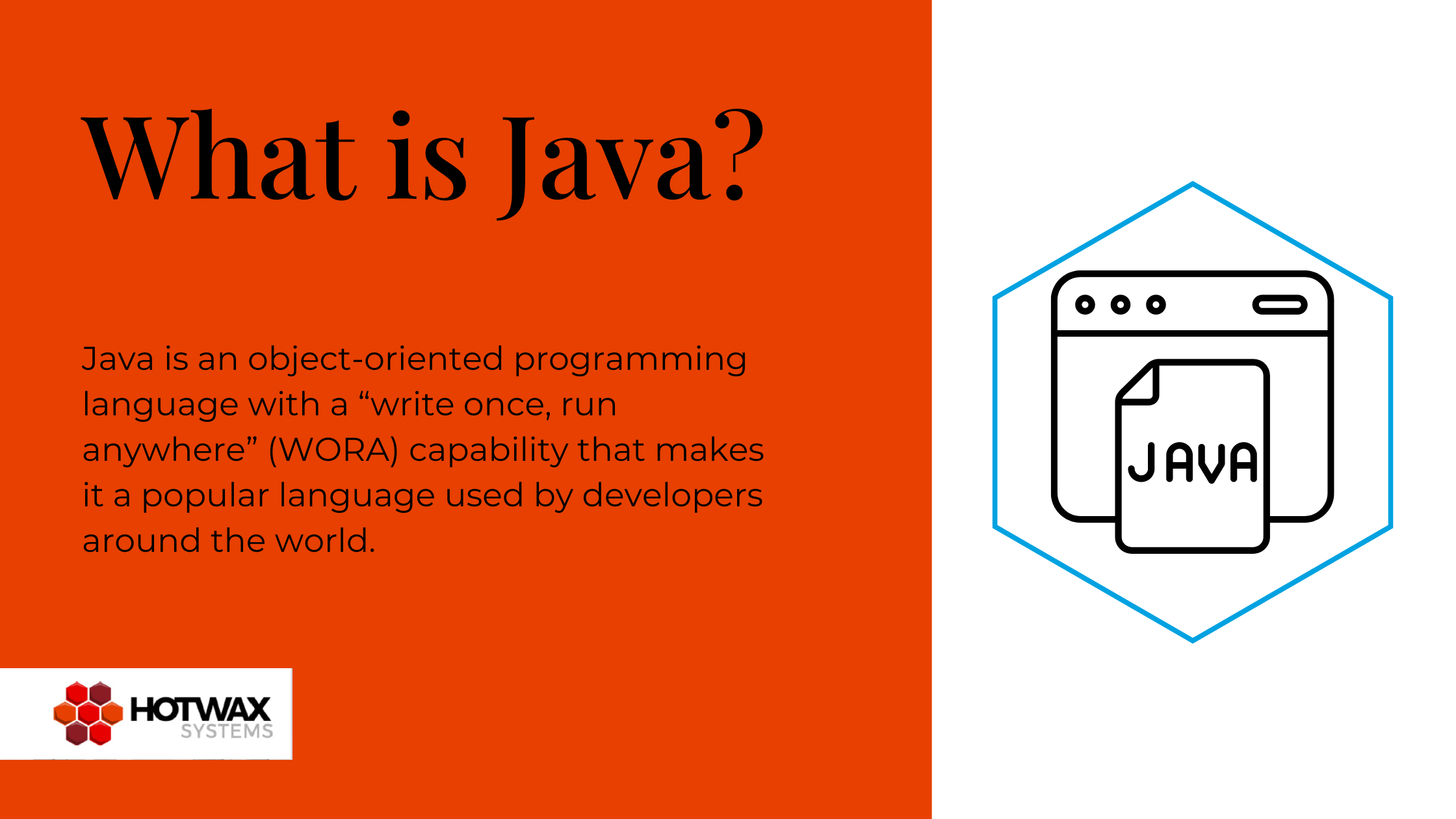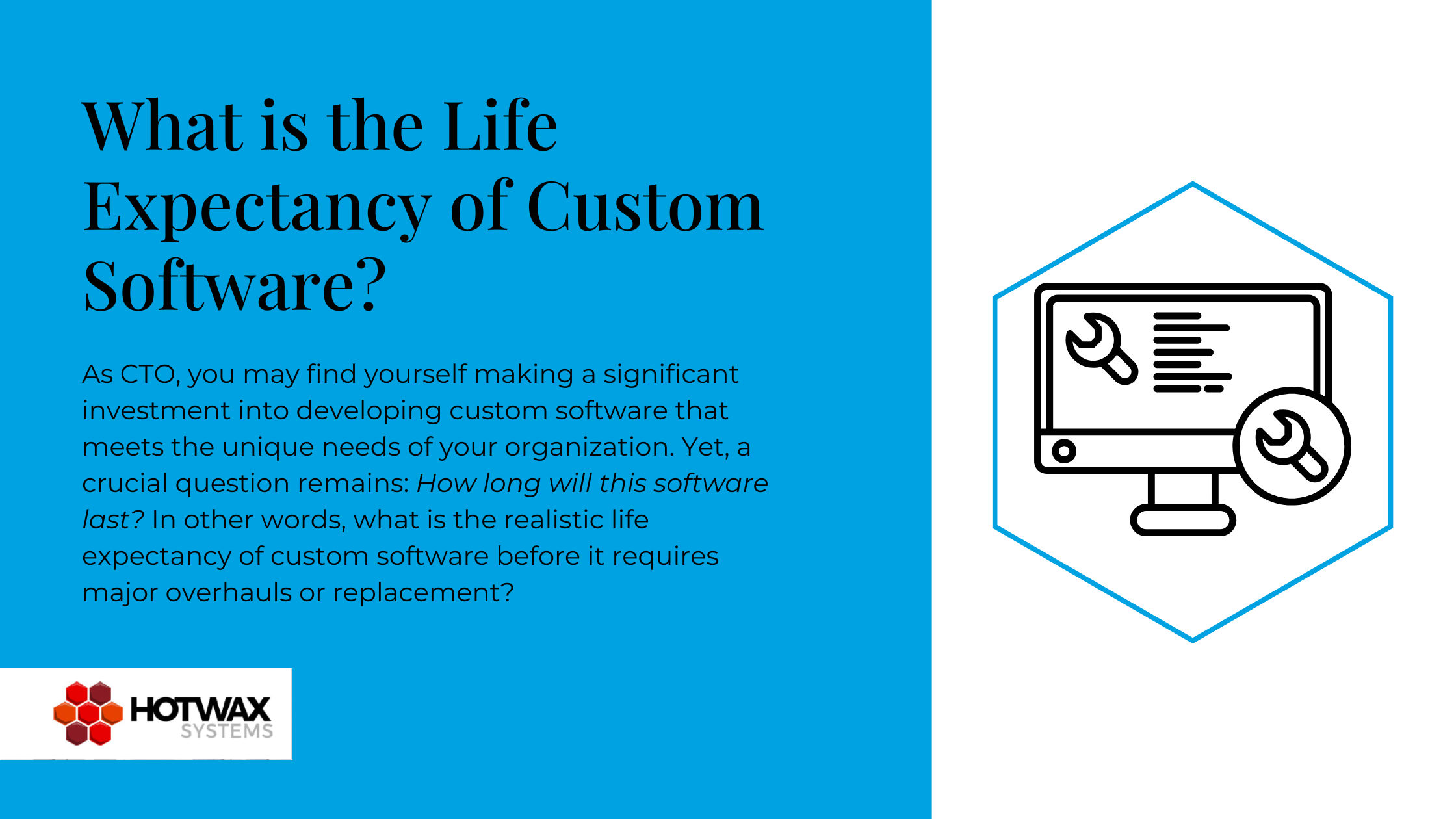What is Java and why is it used?
Java is an object-oriented programming language with a “write once, run anywhere” (WORA) capability that makes it a popular language used by developers around the world. This "write once, run anywhere" feature makes Java a popular choice for developing applications that are enterprise-grade and used across device types.
Java is used because of its robustness, relative simplicity, cross-platform capabilities, and because it’s relatively easy to learn, use, and maintain.
A brief history of Java
Java was created by James Gosling, Patrick Naughton, and Mike Sheridan at Sun Microsystems in 1991 as part of a project called the Green Team. They initially developed the language as part of a project oriented around household electronic devices, like TV’s. But in 1993, the project switched its focus to the internet.
Java was first named Oak, and later changed to Java prior to its official release due to trademark issues with Oak Technologies. In 1996, Java 1.0 was officially released by Sun Microsystems, and since then has evolved through 20+ versions.
In 2007, Sun Microsystems completed the process of open sourcing the core code to its “Java virtual machine” (JVM). And today, Java continues to be actively developed, with Oracle Corporation overseeing its development since acquiring Sun Microsystems in 2009.

What’s the difference between Java and JavaScript?
Despite the similarity in names, and the fact that both are object-oriented programming languages, Java and JavaScript are distinct languages designed for different purposes.
Java is a more complicated language than JavaScript, with the main difference being its capability to create standalone applications, or “applets”. These applications range from mobile apps to enterprise-level systems.
JavaScript, on the other hand, is a text-based programming language that is typed into, interpreted and executed by a browser. Whereas Java has that aforementioned “standalone” quality, JavaScript requires an HTML document to be executed. It’s also an easier language to learn in a short amount of time, making it great for those just getting into coding.
While Java applications run on what’s known as the JVM (which is what makes it platform independent), JavaScript code runs in the web browser or on servers (via Node.js).

What’s the difference between Java and Python?
Java and Python are both influential programming languages, but they cater to different programming paradigms and developer preferences. One of the main differences is their syntax.
Java's syntax is more complex, which can lead to longer code, but is also more similar to other programming languages, which makes it a convenient entry point into the world of programming even if it’s a little harder to learn. Python's syntax is praised for being concise and more like written English, which makes it a popular favorite for beginners due to its readability.
While Java is used to create an extensive array of applications, Python is typically found in use cases like data processing and analysis, machine learning and scripting. This is due, at least in part, to its ease of readability and subsequent adoption as a preferred language by scientists and mathematicians. Where Java excels in creating standalone applications of all kinds, Python is better for things like scripting.
Performance-wise, Java tends to be faster. This is due to the fact that it doesn’t rely on an interpreter to be executed, whereas Python does, which can slow it down in some contexts.

Does Apache OFBiz™ use Java?
Yes, Apache OFBiz™is a Java based, open source ERP and business application framework that leverages Java's robust nature to provide a flexible and powerful ERP framework.
What else is Java used for?
Beyond mobile, web and cloud applications, Java is used in several other domains:
- Big data: Java is commonly used in big data technologies, like Hadoop and Spark.
- Internet of Things (IoT): Because Java was originally designed to run on a variety of different hardware, it’s one of the main programming languages for IoT applications, where software must run across a wide range of hardware.
- Game development: Have you heard of Minecraft or Tetris? Those are Java-based games!
Java's versatility, widespread use (the saying “Java is everywhere” exists for a reason!), reliability, and adaptability make it one of the most popular software languages in the world. Whether developing a mobile app or enterprise grade software, Java offers a solid foundation that developers can rely on.






